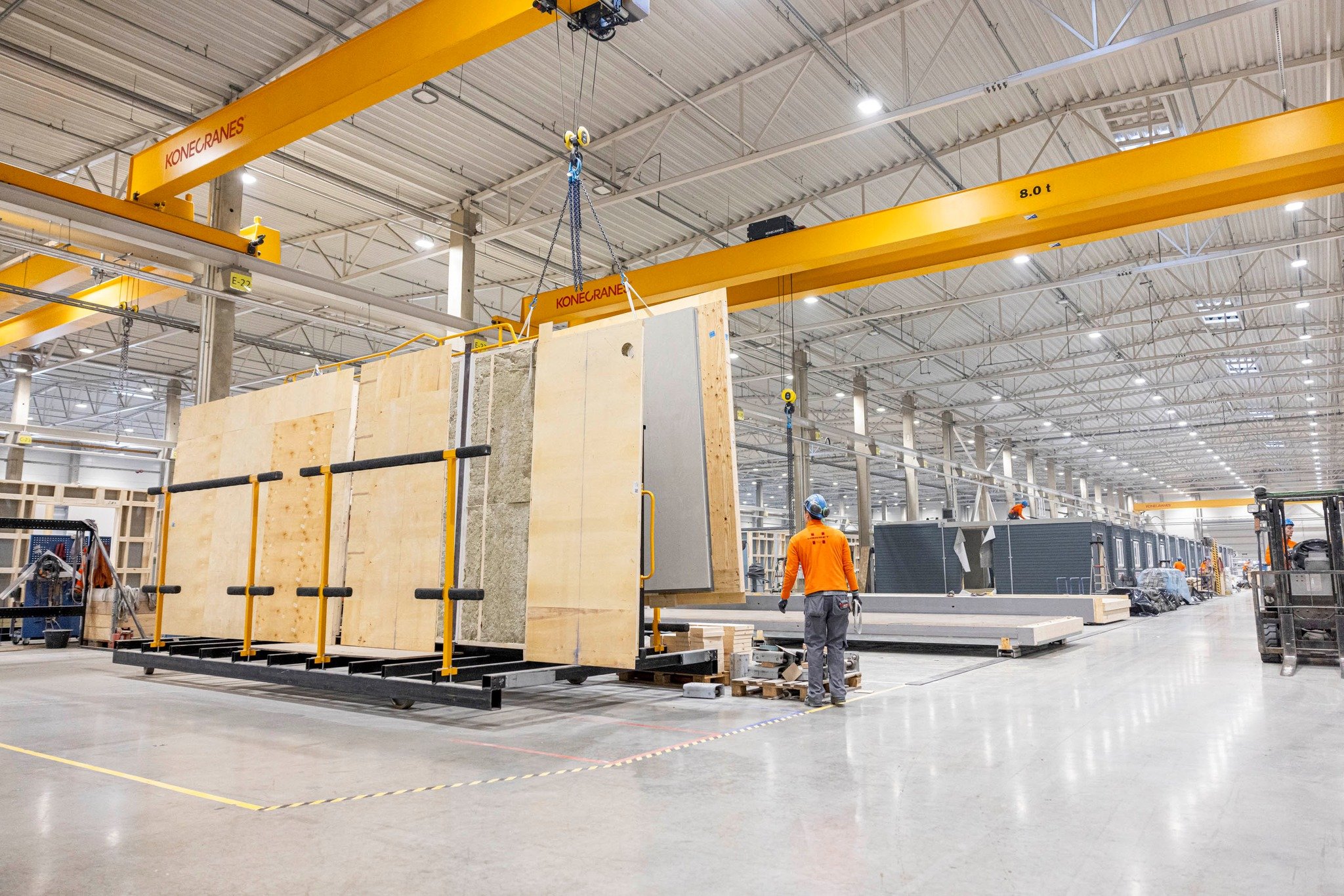
The Project
It is expected that in the coming years, the implementation of 5G in the EU manufacturing sector will drive €458.3 billion in additional industry revenues and €131.8 billion in added GDP contributions. The use of 5G technology along with other enabling technologies, such as edge-computing and AI, can bring up to 20% to 30% increase in productivity. However, 5G and smart manufacturing are currently more widely adopted in verticals with high-volume, easily standardisable, low-margin business models where cost-savings and productivity efficiency are necessary to achieve economies of scale. The use of 5G, edge-computing AI by small and medium manufacturers is rare due to costly technological risks and a lack of best practices.
Our Mission
The 5G-TIMBER project will address the challenges outlined above by developing 5G-enabled UCs and implementing field trials for different small and medium-sized manufacturing industries: small-volume machinery, hand-assembled elements production, and construction focusing on the wood value chain (WVC). The project will demonstrate key innovations in the field of timber material models; open standards for production data, and secure exchange thereof; data analytics at the edge; precise indoor localization; Digital Twin (DT) and augmented reality (AR); and industrial IoT.
Main Objective
To support the rapid uptake of 5G technologies, considering real industrial practices and constraints in the EU timber industry over the whole value chain, focusing on small-volume manufacturing industries. Working closely with wood industries, 5G-Timber aims to increase wood-based materials recycling by 50%, increase productivity by 15%, reach 99% of the work done in the factory (vs. 85% today), reduce on-site work by 10%, reduce product nonconformities by 10%, and increase workers’ safety in wooden houses production and onsite assembling.
Expected Impacts
Accelerate the twin green and digital transition of the manufacturing and construction sectors.
Create green, flexible and digital ways to build and produce goods.
Increase the attractiveness and safety of manufacturing and construction jobs and point the way to opportunities that allow workers to upskill.
Set out a credible pathway to contributing to climate-neutral, circular, and digitalised energy-intensive industries.
Increase productivity, innovation capacity, resilience, sustainability and global competitiveness of European energy-intensive industries.
Contribute to a substantial reduction of waste and CO2 emissions.




